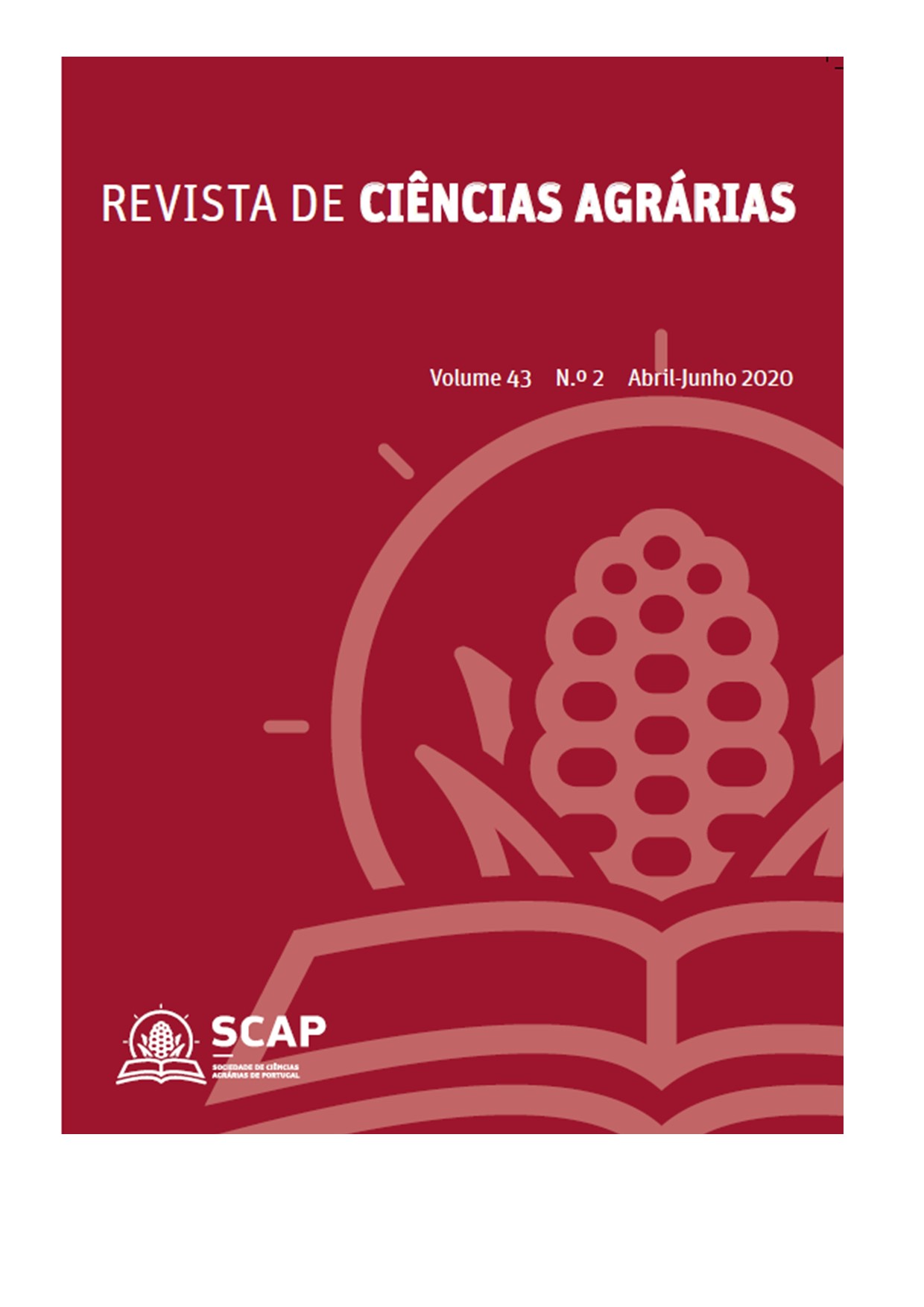Performance of soybean cultivars in alternative substrates to the germination test with treated seeds
DOI:
https://doi.org/10.19084/rca.19755Abstract
The aim of this study was to evaluate the physiological performance of seeds treated with chemical products in the standard substrates indicated by the Rules for Seed Analysis and substrates classified as alternatives, considering the use of different soybean cultivars. For this purpose, seeds of different cultivars treated with fungicides and/or insecticides were used, sown on standard and alternative substrates. The study was carried out in a completely randomized design in a bifactorial scheme, with four replications. The variables first count, abnormal seedlings and germination were evaluated. Elite IPRO and 2606 IPRO cultivars presented interaction of the factors with inferior results regarding the physiological quality of seeds treated with imidacloprid+thiodicarb, whereas 7161 RR, also with significant interaction, slightly varied between treatments. 6410 IPRO, 7062 IPRO and 15630 IPRO showed evidence of a negative relationship in the presence of the active ingredient imidacloprid with the use of sand substrate standing out positively compared to paper. The cultivar 7209 IPRO was the most stable, without significant interaction, but with better results for untreated and thiamethoxam treated seeds, as well as for the sand substrate. Differences between cultivars and negative effects of imidacloprid-containing products can be observed, mainly in the paper substrate.


